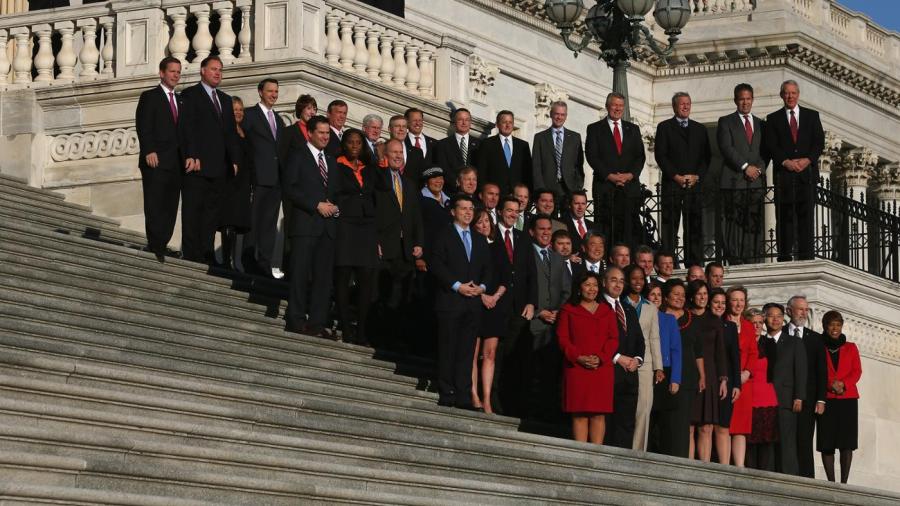Denied Powers In The Constitution
What Powers Are Denied to Congress?

The powers denied to Congress are enumerated in Article 1, Section nine of the Constitution of the United States. A key provision necessary for passing the original Constitution was a compromise between the free and slave states. In that section of the Constitution, Congress was prevented from interfering with the slave trade until at to the lowest degree 1808.
Other powers denied to Congress include suspending the writ of habeas corpus, except in the event of rebellion or invasion. This prevents a person from being held confronting his will without just cause and judicial oversight. Congress is as well prevented from enacting any ex postal service facto laws or passing a bill of attainder.
Ex post facto laws are enacted retroactively and are designed to penalize someone for something that is not illegal at the fourth dimension the act is committed. A beak of attainder is a law designed to accept a negative impact on a unmarried person or a group of people.
Congress is denied the power to tax goods that are shipped from one country to some other. Congress cannot give a commercial advantage to one state over another. Originally, the Constitution precluded Congress from levying an income tax. A subsequent amendment to the Constitution granted this power to Congress.
Denied Powers In The Constitution,
Source: https://www.reference.com/world-view/powers-denied-congress-523510c4613afb33?utm_content=params%3Ao%3D740005%26ad%3DdirN%26qo%3DserpIndex&ueid=fd4eca35-3307-4f4b-aaed-dbe6e761f05a
Posted by: becerrawituare.blogspot.com


0 Response to "Denied Powers In The Constitution"
Post a Comment